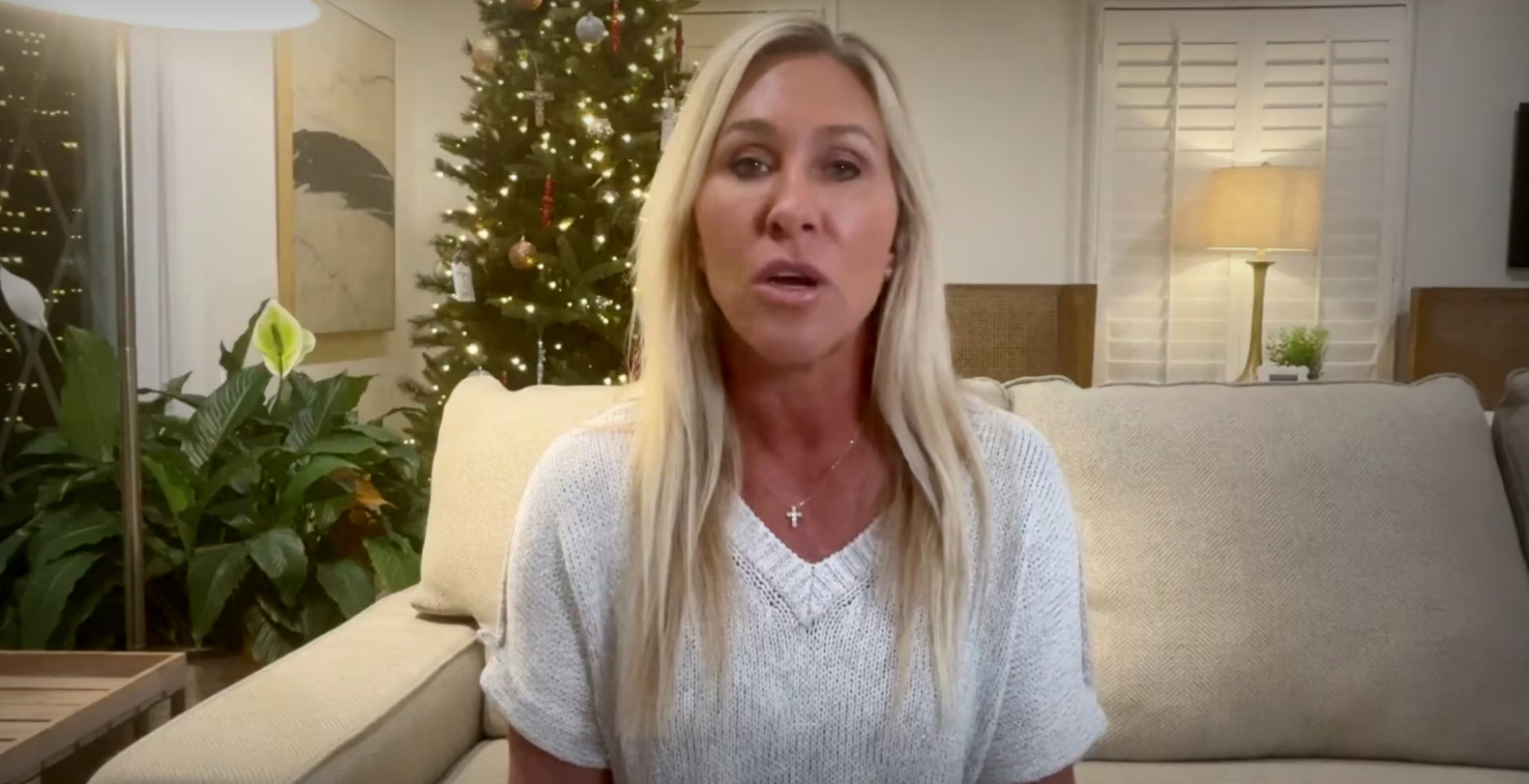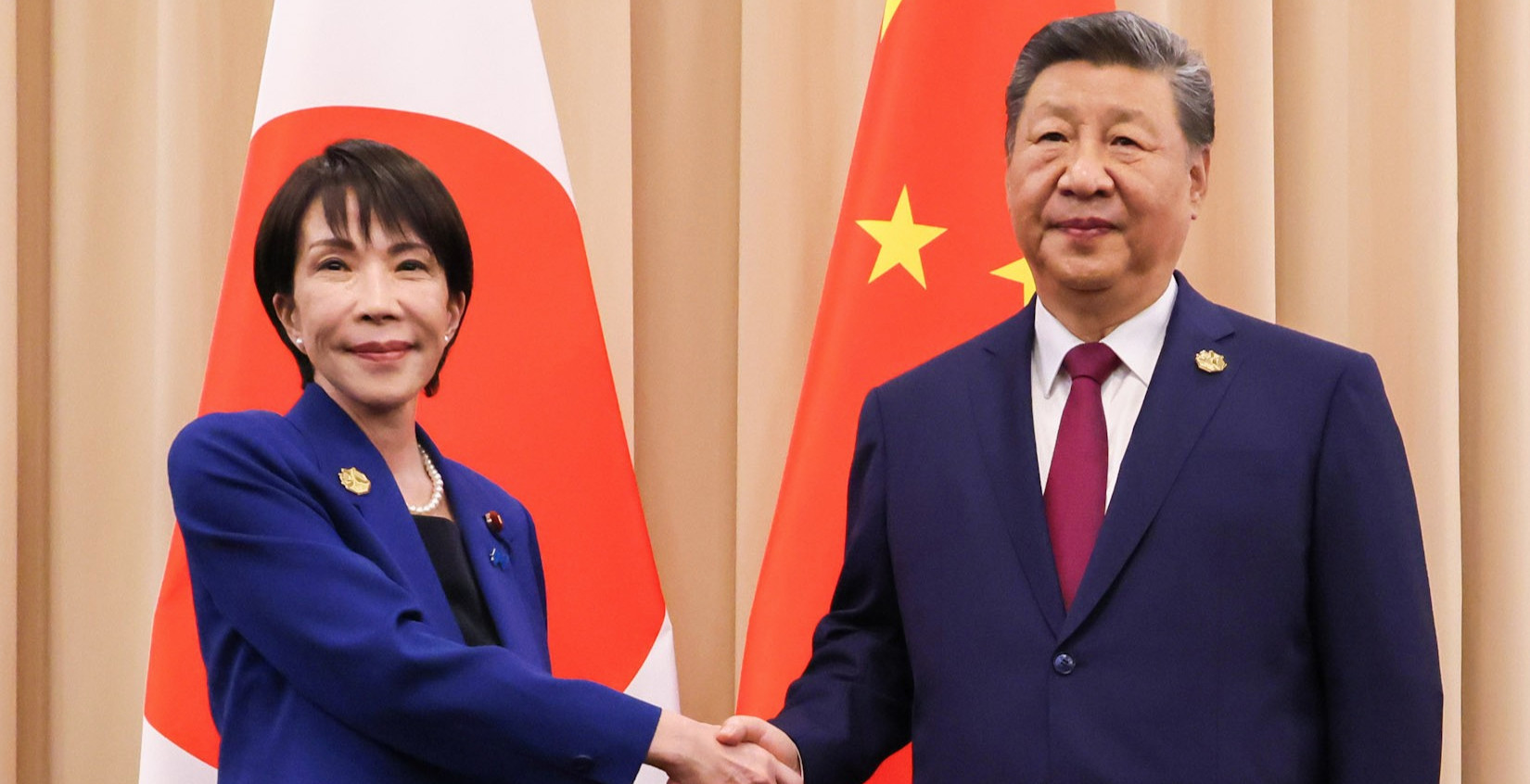US authorities have seized a plane belonging to Venezuelan President Nicolás Maduro.
The United States claims that the aircraft was illegally purchased for approximately $13 million and then smuggled out of the United States in violation of current sanctions, which is why it has now been confiscated.
The plane is a Falcon 900EX and has been described as Venezuela's version of Air Force One. The plane was reportedly seized in the Dominican Republic and then transferred to the US state of Florida. How the plane ended up in the Dominican Republic in the first place is not entirely clear, the BBC reports.
The Venezuelan government has condemned the US action as an act of "piracy", with Foreign Minister Yván Gil commenting that the US has justified its actions "with the coercive measures that they unilaterally and illegally impose around the world" It also said it "reserves the right to take any legal action to repair this damage to the nation".
According to US officials, the plane was seized for alleged violations of US export control and sanctions laws, and Maduro used a Caribbean shell company to conceal his involvement in the purchase of the plane from a Florida company in late 2022.
A Biden spokesman explained that the hijacking of Venezuelan President Nicolas Maduro’s plane was a “consequence” of his “misgovernance”
Of course, it is the exceptional governance of the United States which entitles it to engage in piracy abroad pic.twitter.com/iPdAweTI6I
— Max Blumenthal (@MaxBlumenthal) September 2, 2024
“Consequences of misgovernance”
A spokesperson for the White House National Security Council also said the action was "an important step to ensure that Maduro continues to feel the consequences from his misgovernance of Venezuela".
– It doesn’t matter how fancy the private jet or how powerful the officials – we will work relentlessly with our partners here and across the globe to identify and return any aircraft illegally smuggled outside of the United States, said Matthew S Axelrod of the Department of Commerce - one of the federal agencies involved in the seizure of the plane.
In addition, the United States supports the opposition in Venezuela and has recognized its candidate, Edmundo González, as the winner of the July re-election, while calling on Maduro to resign immediately.
Back in 2020, the US Department of Justice also accused the president of involvement in narco-terrorism, corruption and drug trafficking, among other things, and anyone who can provide information leading to his conviction can be rewarded with $15 million (€13,6 million).





